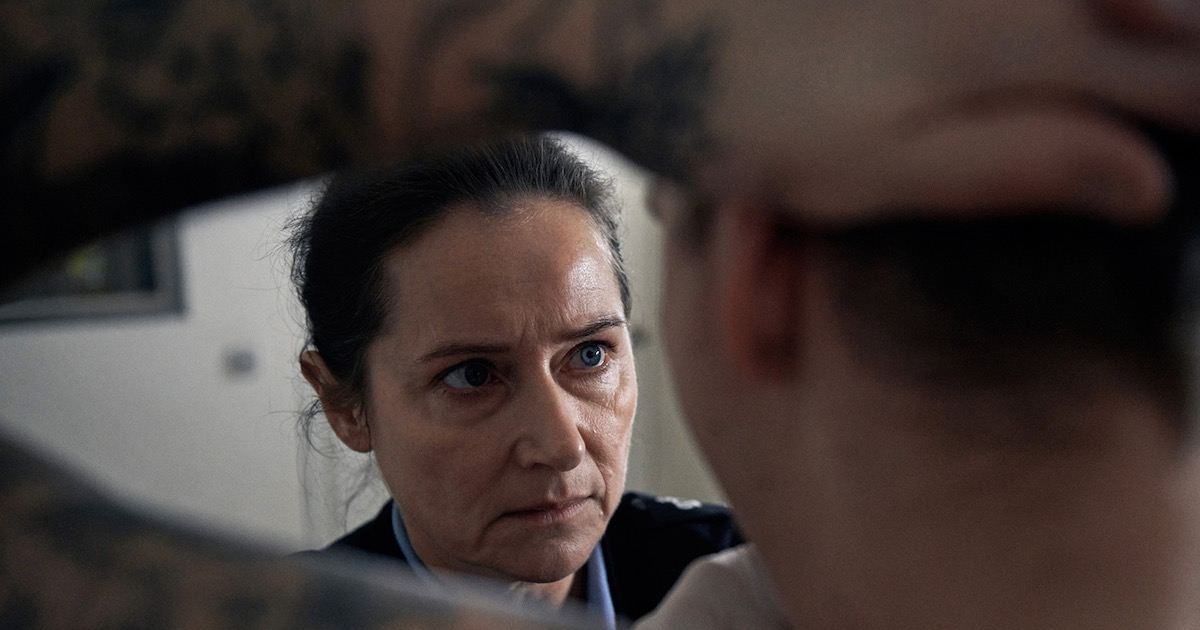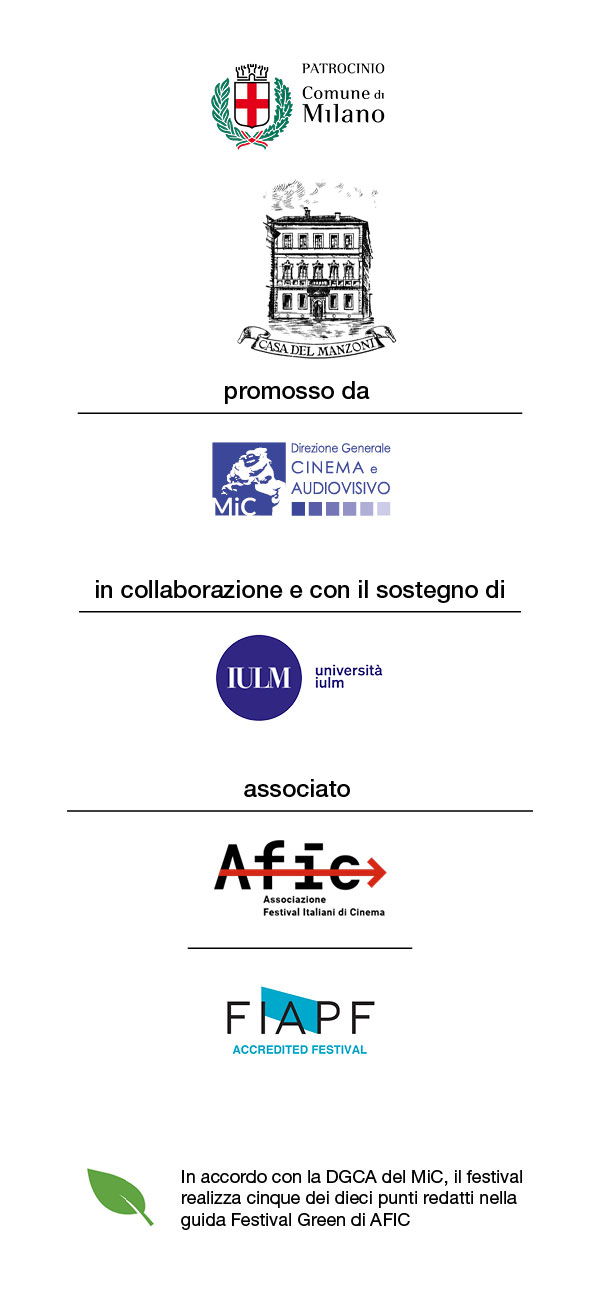The Swedish filmmaker Gustav Möller, based in Denmark, talks about his second film “Sons,” which wields a film genre to ask crucial questions about the aims of imprisonment

Sons photo by Nikolaj Moeller
Tall and lanky and all bundled up for Milan’s wintery temperatures (actually, being Scandinavian and in Milan for the first time, he admits that December here is like spring), Gustav Möller arrives at Noir with his second film, Vogter (Sons).
“My films are always about people, and my aim to portray a human comedy that delves into personal stories in order to shed light on the characters’ dark sides, in the face of events that change their whole way of being. I’ve always loved those noir atmospheres, hence the various genres that create them. This is likely why I find myself resorting to this narrative register every time, from The Guilty to Sons, and in the end, also for the TV series The Dark Heart, which I filmed in Sweden, around an investigative unit of the police.”
Sons starts out as a classic prison movie, but revolves around the inner conflict of a woman who, being a prison guard, needs to decide how to behave with an inmate who is unknowingly connected to a tragic event in her own past.
In Denmark, as in Italy, it is an open question whether a penitentiary is designed to punish or redeem, due to two different ways of understanding a prison sentence. Filming in a real prison, how do you see the issue?
Well, aside from a few clichés required as visual references to the genre, I can guarantee that we were largely faithful to real life in a prison, and, in fact, we had a prison guard as our guide the whole time. Still, your observation matches my own conception of the film: we are rational beings and we live in a society that believes that punishment is a tool of redemption, yet we are also animals who are guided by their emotions – emotions that often contradict our way of seeing things. I don’t have a ready answer. What I do is put just this conflict on the screen, dramatizing it in the person of a woman who is fragile and tough at once.
You are Swedish but you got your film degree in Copenhagen, on the heels of the generation of Suzanna Bier and Lars von Trier. Which culture do you feel is more akin to you today?
All in all, I feel close to the cinema of my adopted country. It’s more dynamic and pays more attention to people and their characters. And then, by now I’ve lived a long time in Denmark; in the end, the two cultures are fairly similar.
Okay, but if you had to choose, and in light of your models, better Lars von Trier or Ruben Östlund?
My answer to that one? Long live Vinterberg!


